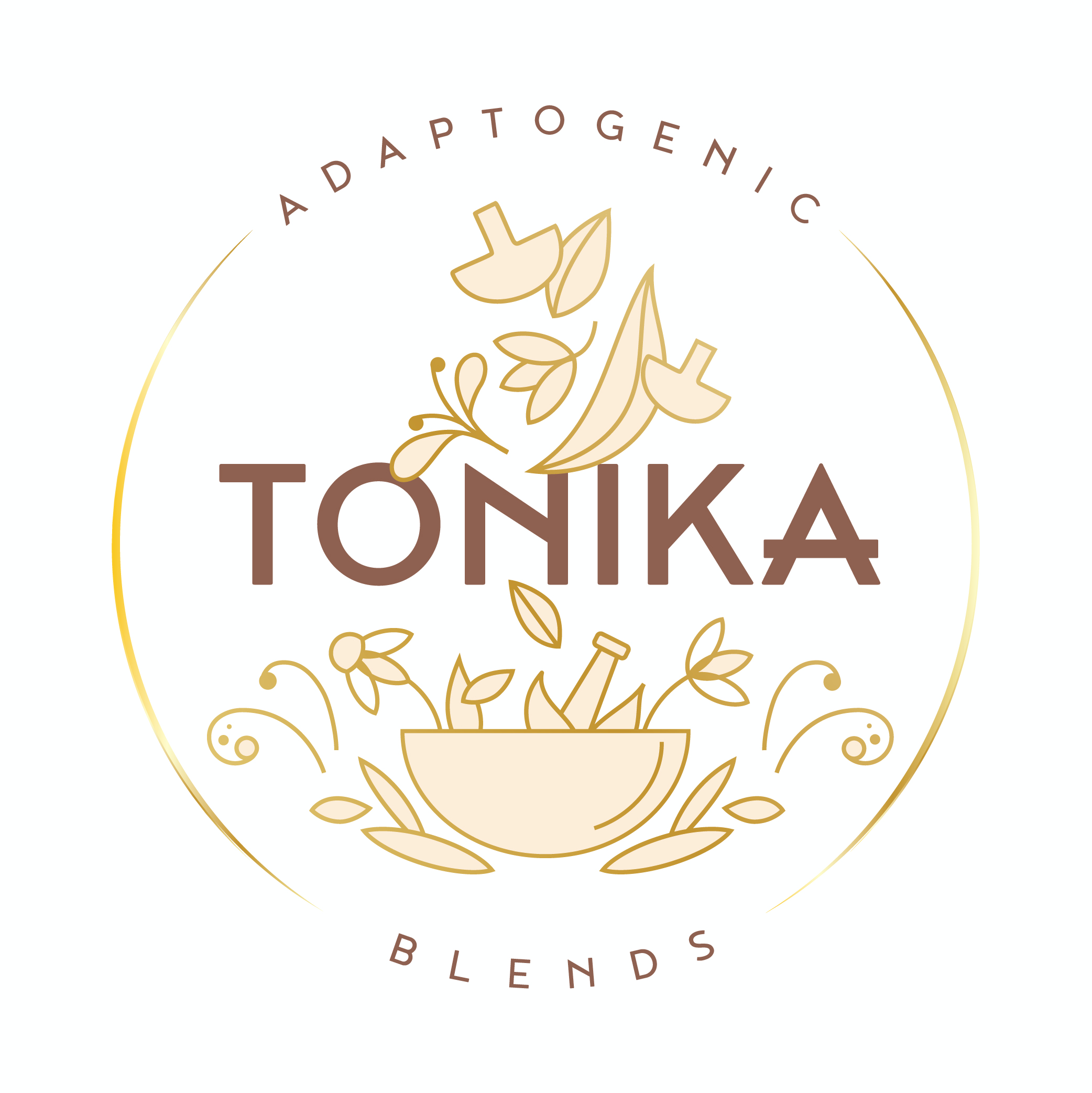Whole Mushroom Powder vs Extract Mushroom Powder
Choosing Whole Mushroom Powder vs. Extract Powder for Your Wellness Goals
Adding superfood mushrooms to your daily routine may help you achieve your health and wellness goals. When shopping for a functional mushroom product, however, it is necessary to be aware of the variety of options available. This requires an understanding of some key terminology. While mushroom powder and mushroom extract may sound like different products, they are—but not in
the way you think. Tinctures and extracts involve extraction, the process of transferring a property of the mushroom to a liquid. Typically, tinctures are extracted into drinkable alcohol, while extracts are infused into water. In some cases, however, these terms are used interchangeably. In general, powders are created by the milling or grinding of dried mushrooms. The confusion occurs
because some extracts are later dried and turned into powder. Determining whether you wish to purchase whole mushroom powder vs. extract powder is essential to ensuring that you get the product you desire and one that helps you reach your wellness goals.
Processing Differences
While they may start with similar raw materials, the difference between whole mushroom powders and extracts begins with the processing of the mushrooms.
Whole mushroom powders
Involve the harvest of both the fruit body, the reproductive structure, and its mycelium, the vegetative stage of the mushroom life cycle. Once harvested, these components are heated to dehydrate them completely. The dried mushrooms are then milled or ground into a fine powder. This powder can contain both the fruit body and mycelium along with the myelinated growth medium that has been digested and become one with the mycelium. Depending on the brand and
species, all or most of these components from the whole mushroom can be contained in the final product for increased mushroom powder benefits.
Mushroom extracts
Can also contain nutrients from the fruit body and mycelium. After harvesting, the desired species is dried, ground, and placed in a solvent. Hot water is used if water-soluble compounds are to be extracted; alcohol is used for alcohol-soluble compounds. After a period steeping in the liquid solvent, the mushrooms may be drained, and the solvent retained. This process may be repeated several times, and the same mushrooms may be extracted in water and alcohol. Afterward, the
mushroom solids are discarded. If alcohol was used, it is allowed to evaporate. The liquid containing the extracted compounds is cooked down to condense them to a standardised concentration. The extract may be sold in this liquid form, or it may undergo further processing. In some cases, a liquid extract containing mushroom compounds may be sprayed in a fine mist and dried to create a powder. Though the mushrooms were originally extracted in a liquid, the final
product is now a powder. Oftentimes, this extracted powder won’t contain all or most of the mushroom’s components, however, since the solids were discarded earlier in the process. It contains only the extracted components.
Differences in Product Benefits
While their post-processing consistency may be similar, the differentiator between whole mushroom powder and extract powder is mainly their benefits.
Consider these differences...
Whole Mushroom Powders Contain:
Macronutrients: protein and complex carbohydrates
Micronutrients: B vitamins and minerals like selenium, copper, iron, and potassium
Antioxidants such as ergothioneine, glutathione, polyphenols, and superoxide dismutase
Prebiotic fibre to support the immune system by contributing to a beneficial gut flora
Beta-glucans, alpha-glucans, and other polysaccharides that support the immune system
Additional bioactive compounds according to the species contained in the powder, including triterpenes, sterols, and peptides.
Some species contain different bioactive compounds in their fruit bodies and mycelium. A whole mushroom powder that includes both components of the mushroom life cycle will provide the benefits of all these compounds.
Mushroom Extract Powders Contain:
Beta-glucans polysaccharides standardized to support immune function
Other polysaccharides, glycoproteins, ergosterols, triterpenoids or other myco-nutrients depending on the species and the specific extraction process
While there may be some active compounds like beta-glucans in high concentration in an extract powder, other benefits are often lost. The final contents will also depend on whether the extract was prepared from the fruit body, mycelium, or both.
Choosing Whole Mushroom Powder vs. Extract Powder for Your Wellness Goals
The choice between different mushroom powder products comes down to personal preference and your wellness goals. Proponents of extract powders believe that due to the extensive processing, their products are more bioavailable. Whole mushroom powder enthusiasts believe their powders have a broader range of benefits than extract powders. When steeped in hot water, around 160°F,
the compounds in whole mushroom powders may have increased bioavailability. For this reason, many whole mushrooms powder users choose to dissolve their powders in hot liquids like tea, coffee, cocoa, or broth.
"Whole mushroom powder enthusiasts believe their powders have a broader range of benefits than extract powders."
If you are seeking a standardised dose of beta-glucans to support your immune system, an extract powder may be sufficient to meet your goals. If you prefer to consume the whole mushroom, including the prebiotic fibre-containing solids, a whole mushroom powder will provide those benefits along with all the nutrients and bioactive compounds. While some mushroom experts prefer fruit bodies only, others swear the power is in the mycelium. Still, there’s belief in the value in both.


0 Comments
There are no comments yet. Be the first one to post one!